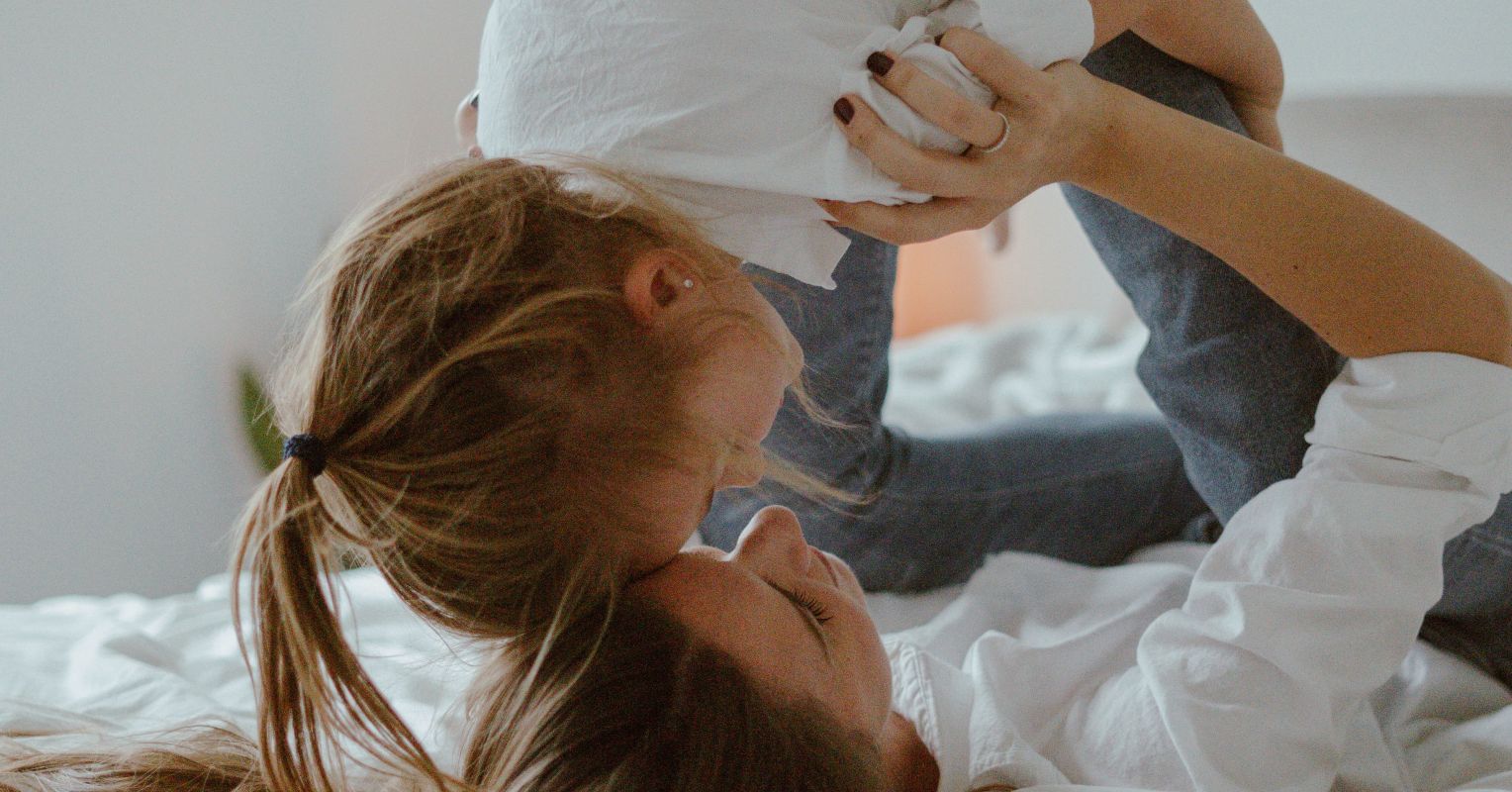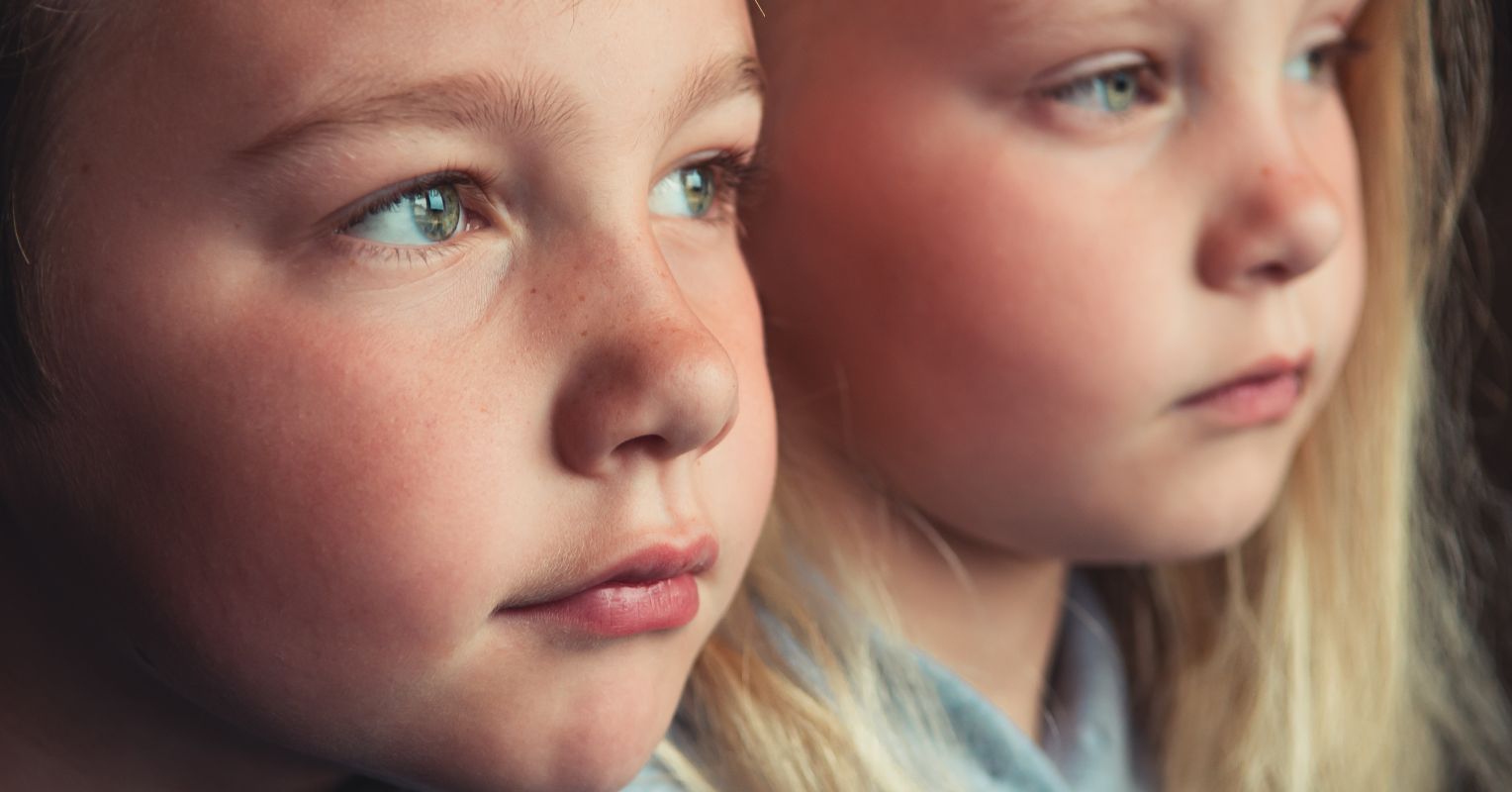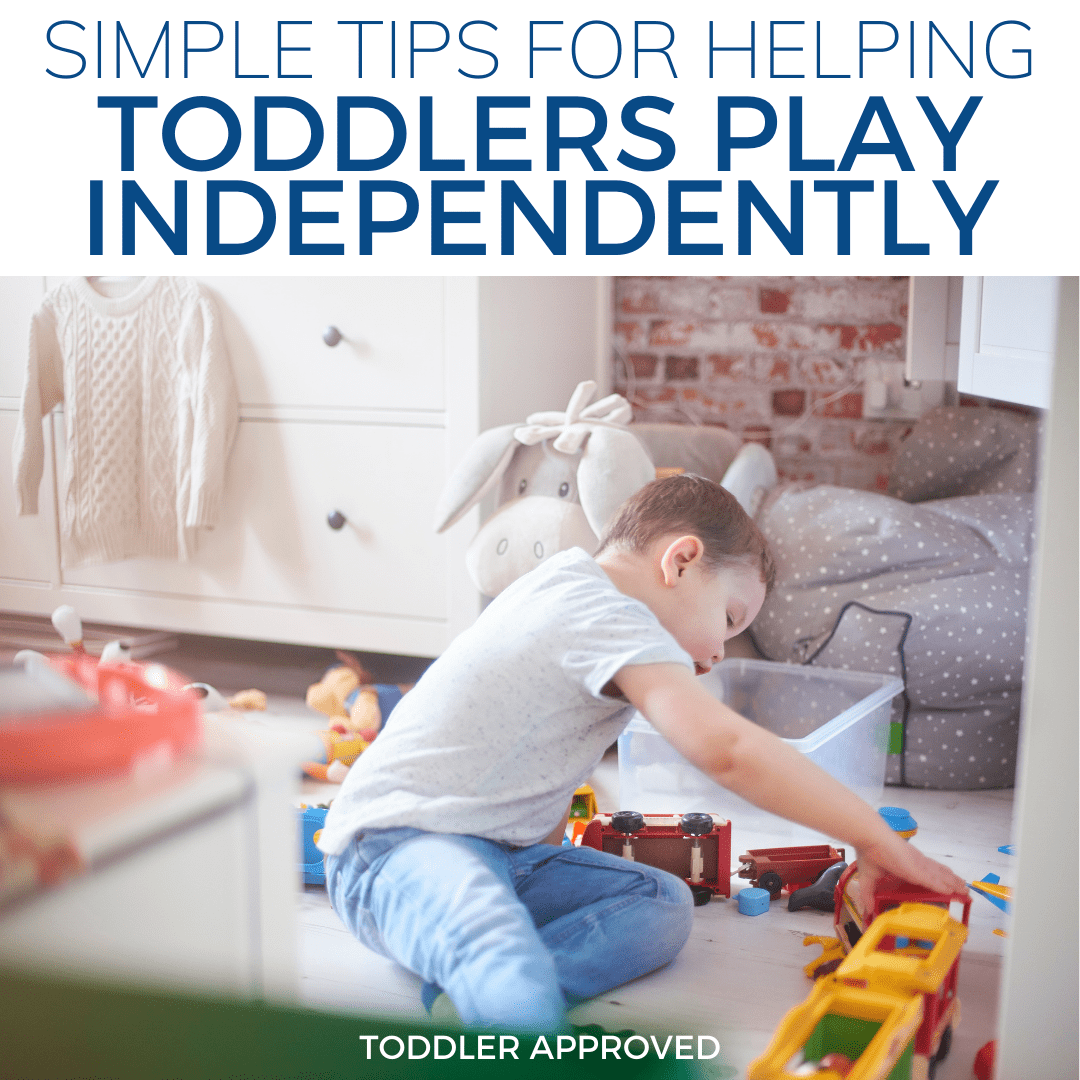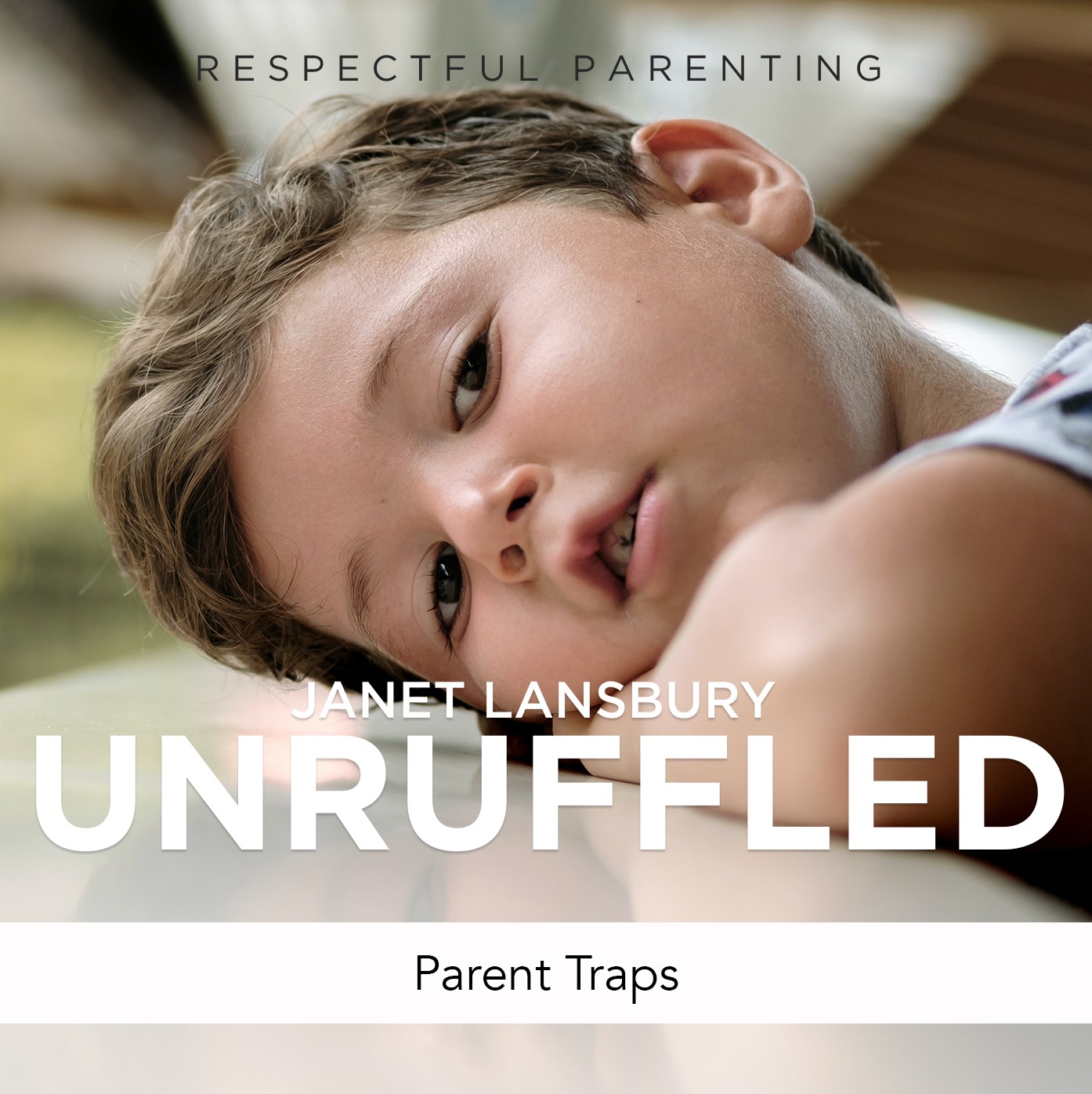[ad_1]

Source: Mathilde Langevin/Unsplash
Boys are brilliant. Girls read better. Only children are spoiled. Parents play an identifiable role in perpetuating stereotypes, be they about race, sibling status, or gender.
According to a study published in Science, “Gender stereotypes about intellectual ability emerge early and influence children’s interests.” The researchers found that girls as young as 6 associate a high level of intellectual ability, such as brilliance or genius, with men more than women. The study pointedly notes that the 6-year-old girls shied away from fields such as philosophy and physics, believing those areas are reserved for kids who are “really, really smart”—i.e., boys.
Parents’ gender stereotypes are important in perpetuating gender differences, since they may affect the development of children’s beliefs about their competence, what’s called intrinsic task value—the interest and enjoyment that students experience when they engage in a task—and achievement, Drs. Francesca Muntoni and Jan Retelsdorf report in the journal Learning and Instruction.
Similarly, only-child stereotypes stubbornly stuck around for decades, in part, because parents continued to accept them. Some 30 years ago, when I wrote my first book on the topic, Parenting an Only Child: The Joys and Challenges of Raising Your One and Only (updated in 2001), negative only-child myths were deeply engrained and persuasive, and they influenced family planning decisions. It’s been a long slog to change people’s thinking.
One-child stereotypes: The disappearing act
Since 1896, when psychologist G. Stanley Hall marked only children as selfish, spoiled, lonely, and bossy, unfounded and unflattering stereotypes have plagued only children and their parents. But today those stereotypes have largely disappeared.
The myths about only children have been relegated to near extinction—especially by only children and their parents. Rarely do you hear unsavory comments about only children now. If you do, they probably come from older generations—grandparents and great grandparents.
For the past year, I asked close to a hundred only children of all ages (or their parents), “Did you feel stigmatized growing up?”
Laura,* 29, replied, “Never. My mom made it her job—she was determined—that I was not going to be that spoiled only child. People were and are surprised I am an only child. I had two jobs when I was a teenager. Even though my parents had the money, they made me work for what I wanted. I knew I could ask for something, but also knew I had to save for it. If I saved enough, they would give me the rest.”
Laura’s mother Robin, 65, grew up when the only-child myths were pervasive. But she didn’t buy them and wanted to make sure her child defied the stereotypes she had heard. “I never wanted her to be the kid everyone said gets everything. That was my main goal. We were strict with Laura and had a lot of rules.”
Only child Jessica, 59, took the “selfish stereotype” to task. “The only children I know or grew up with either want to give you everything they have or say, ‘Don’t touch my stuff.’ I was in the ‘don’t touch my stuff’ group, but my cousin, who is one of three, felt the same way.”
College student Carolyn, 18, said she knew only-child stereotypes existed, but said she didn’t fit any of them: “They had nothing to do with my upbringing. I’m not selfish; I learned how to share in preschool.”
“When I was younger, I was by myself if my parents were busy, and since they both have jobs, that happened a lot,” she says. “I got used to that over time and learned to be more independent.” Somewhere around first grade, she says she became comfortable doing her homework and playing by herself.
Henry, a 38-year-old only child, says he didn’t feel at all stigmatized or labeled growing up. “It never occurred to me there was anything wrong with not having a sibling or that it was weird,” he told me.
Shannon, also 38, was oblivious to any only-child stigma. Like others older and younger than her, she confirms, “I wasn’t aware of the only-child stigmas until I was well into my 20s… but even then I knew that the societal beliefs about only children were false.”
These comments from new generations of only children and parents with only children ranging in age from toddler to adult indicate that the negative stereotypes once pinned to only children have sputtered out. It’s been a hard road for many older generations, but the long-held judgment and deeply ingrained negativity surrounding only children have slipped away. Parents of only children and only children themselves have prevailed.
The birth rate has been steadily dropping, and only-child families are on the rise; having one child is the fastest growing family size. Today, men and women of childbearing age say that only-child stereotypes don’t factor into their decisions of how many children to have. So many other factors come into play: starting families older, infertility obstacles, insufficient or costly childcare, to name a few. When combined with women’s participation in the workforce and the high costs of raising children, the pandemic has also had a profound and likely lasting impact on childbearing.
In cities like Seattle, 47 percent of families have one child, and countries like Canada and England are already being called one-child nations. Clearly, the one-child family, while not right for everyone, is becoming increasingly common.
The antiquated myths have lost their power to label only children or persuade people to have more children—pointing to widespread acceptance and celebration of the one-child family.
*Names of study participants have been changed to protect identities.
Copyright @2021 by Susan Newman
[ad_2]
Source link



